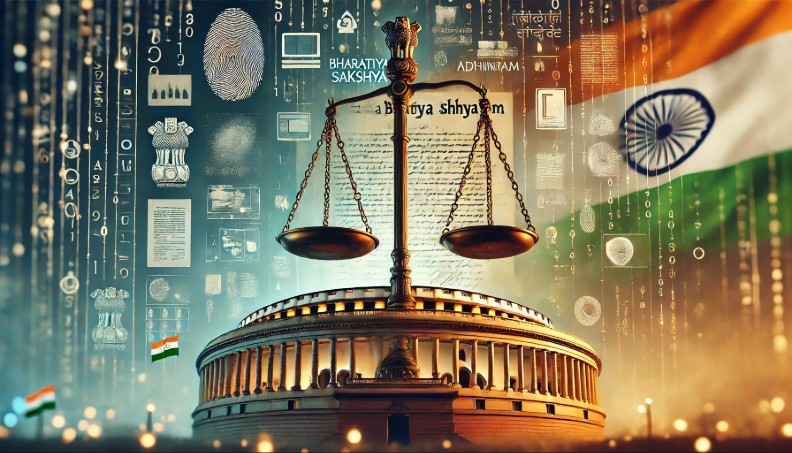Delhi’s criminal law landscape is currently navigating significant transformations and challenges. DelhiCriminalLawyers.com gives you a rapid fire overview of some of the latest elements that are impacting the industry.

Implementation of New Criminal Laws
On July 1, 2024, India replaced its colonial-era statutes—the Indian Penal Code, Code of Criminal Procedure, and Indian Evidence Act—with the Bharatiya Nyaya Sanhita (BNS), Bharatiya Nagarik Suraksha Sanhita, and Bharatiya Sakshya Adhiniyam. These reforms aim to modernize the legal framework by addressing contemporary issues such as organized crime and cybercrime.
Key changes include:
- Expanded Police Powers: The new laws grant police increased authority in pre-trial detentions, raising concerns about potential misuse and human rights violations.
- Death Penalty Provisions: The introduction of the death penalty for severe crimes, such as the gang rape of minors, has sparked debates over its effectiveness and ethical implications.
- Accelerated Judicial Processes: Mandates for quicker rulings and charge framings aim to reduce case backlogs but have led to apprehensions about the quality of justice due to expedited timelines.
Legal Community’s Response
The introduction of these laws has elicited mixed reactions. Lawyers and activists in Delhi have organised strikes and protests, expressing concerns that the new laws may overburden the justice system and grant excessive powers to the police, potentially leading to more police abuse. Legal professionals are also striving to familiarise themselves with the new provisions, with some rushing to obtain updated legal texts to effectively navigate the changes.
Human Rights Concerns
Critics argue that the expanded police powers and stringent penalties could lead to human rights abuses, particularly affecting marginalised communities. Organisations like Amnesty International have called for the repeal of these laws, citing the risk of abuse.
Judicial Sentencing Reforms
In response to concerns over arbitrary sentencing, the Indian government plans to introduce standardised sentencing guidelines to ensure proportionality and consistency in punishments. This initiative follows public outcry over cases of disproportionate sentencing and aims to align with practices in countries like Britain, Canada, and New Zealand.
These developments indicate a pivotal moment in Delhi’s criminal justice system, with ongoing debates about balancing modernisation, efficiency, and the protection of individual rights.
